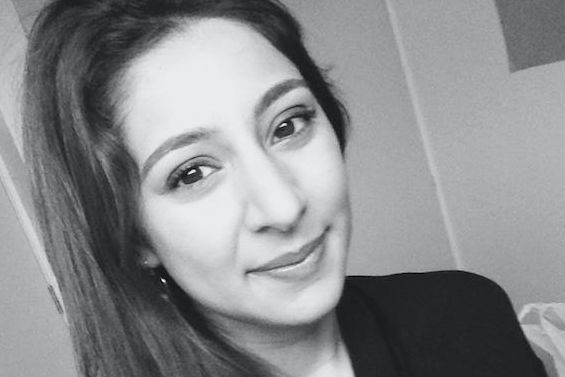Being a ‘preferred GP’ is an honour – but also a huge responsibility

‘What’s your name again? Can you write it down for me? I only want to see you again.’
I was flattered. It was probably the closest to ‘I think you’re a good doctor’ as I was likely to hear. Was this the acceptance I had been looking for? All the other doctors had been at the practice for years. I was the new one. No one chose to see me. In fact, patients would open with, ‘oh I wanted to see Dr Smith, but she’s all booked up so we got you’. I was the consolation doctor. But now I was developing my own little fan base and me and my ego enjoyed the boost. For a while anyway.
Later on though, I got thinking about this consultation. As a junior doctor in general practice I was only going to be at the practice for a few months but what was it like for the doctor who had been there for years? Generally the patient who specified that they only wanted to see me again came in with some sort of crisis in their life. The loss of a loved one. A terminal diagnosis. A divorce. Unsurprisingly these difficult life events had had an impact on the patient’s mental state. Something in my spiel of ‘you need to be kind to yourself and give yourself time’ must have resonated with them. I felt very responsible.
I was worried about whether they would come back again. How they would cope after they left the surgery. Would they mind waiting slightly longer if they wanted to see me because of my annual leave? My initial happiness at them only wanting to see me changed in part to anxiety.
In my first week of general practice I discussed with one of the longest serving GPs the quote by the great Iona Heath: ‘In general practice the people stay and the diseases come and go.’ I feel like that should come with an added ‘health warning’ of ‘and with this you have a massive responsibility’.
In hospital, patients are protected. You leave and you know that they are in the capable hands of your colleagues. In general practice it’s you and the patient. Yes you can ask for help (and as a junior doctor I always do!) but the more your patients trust you, the bigger the responsibility to get it right is. When they just want to see you, that responsibility increases.
Doctors are human too and of course they will get things wrong at times. I’m not deluded into thinking that I will be any different in this. I just hope that when a patient in general practice trusts me enough to help them in their time of need I can be a doctor worth of that honour.
Dr Salma Aslam is an FY2 doctor in the North-East
Pulse July survey
Take our July 2025 survey to potentially win £1.000 worth of tokens











